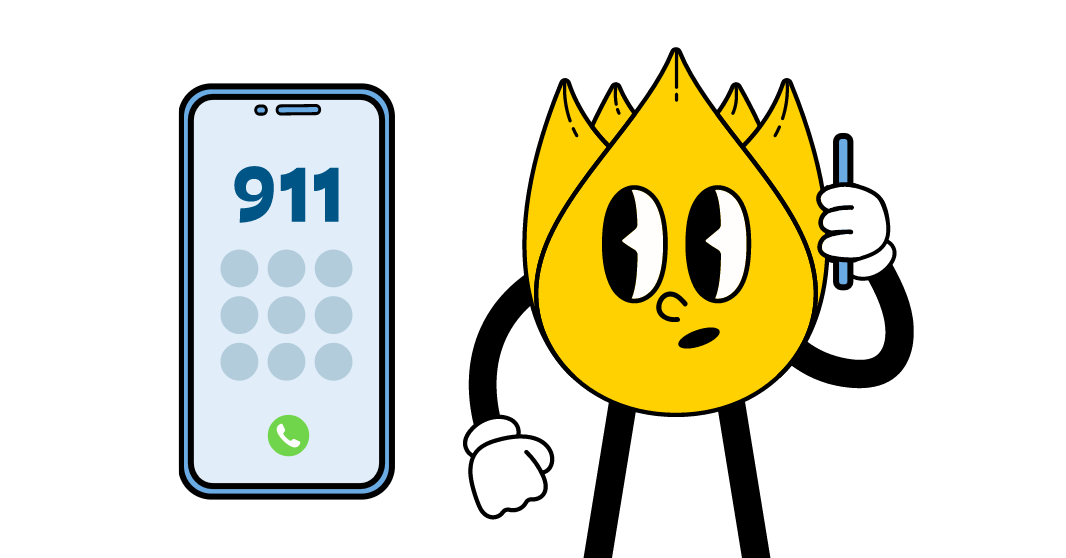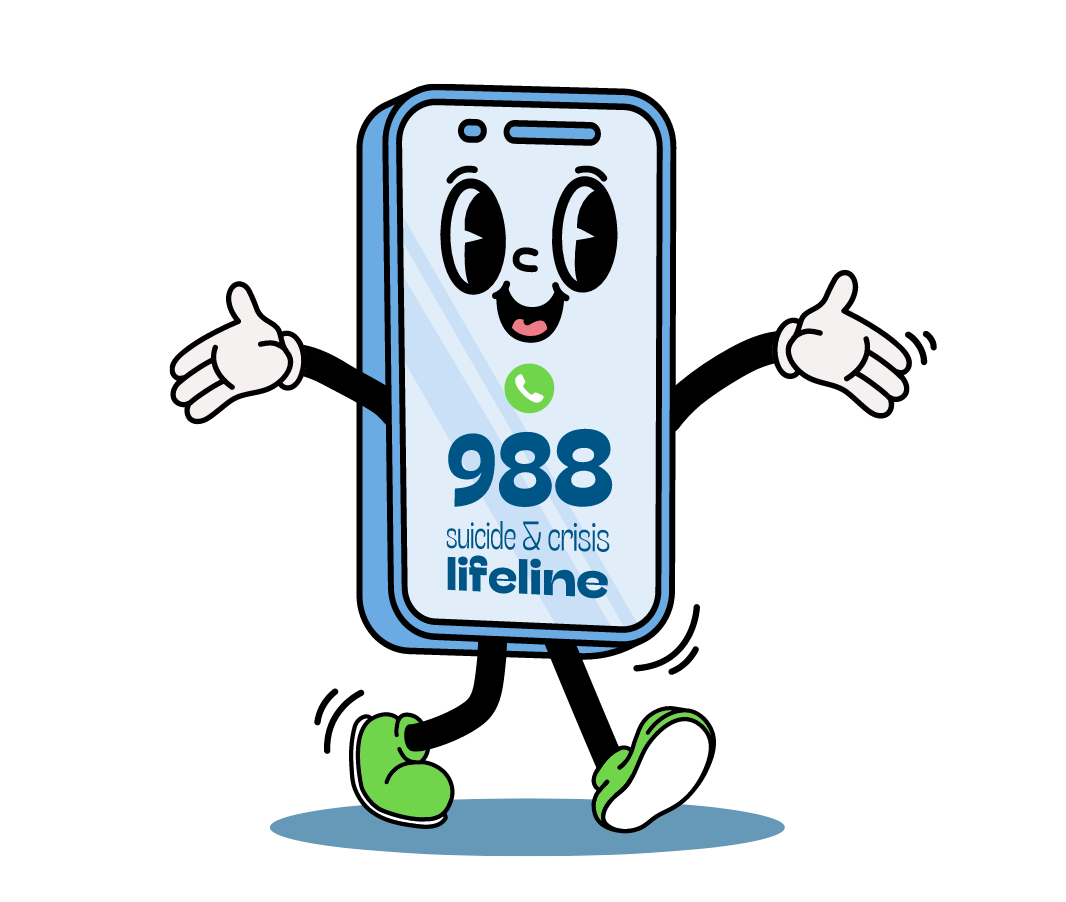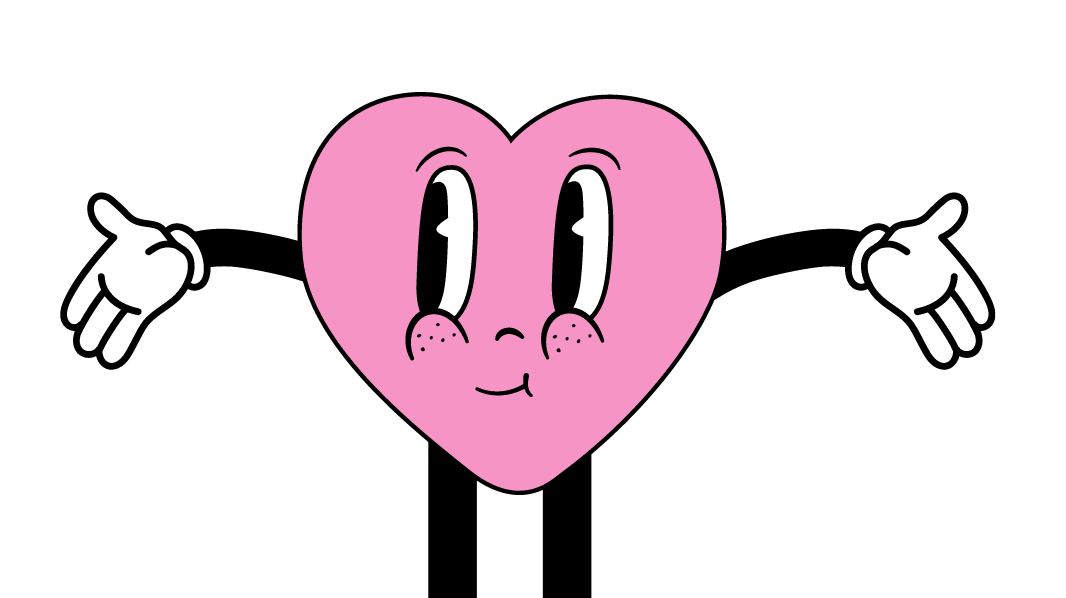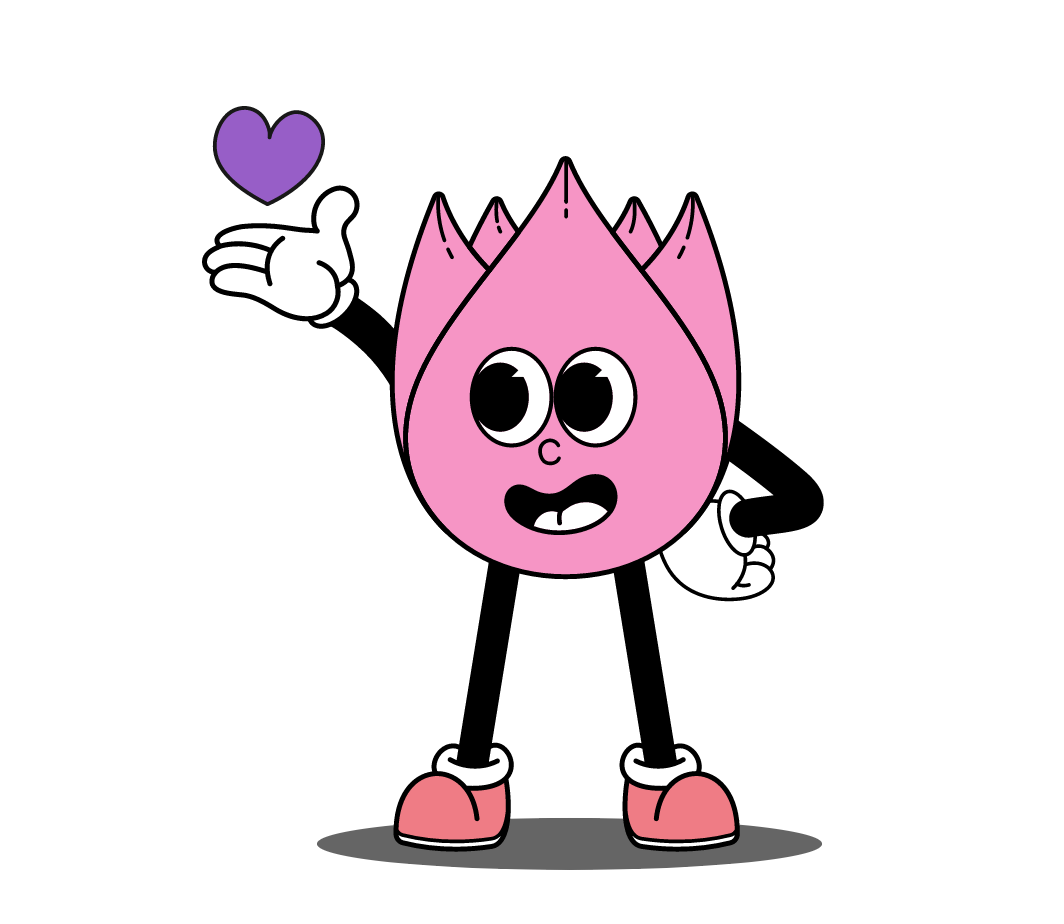Are they at immediate risk of harming themselves or others? Did they post specifics on a plan, date or time, or a place? If so, report your concerns on social media.
Then follow the steps in “I just got a good-bye text/call”
If it doesn’t seem like an urgent crisis, or you’re not sure, check in with your friend immediately. For tips on what to say and do, go to this section: “I’m worried a friend is thinking about ending their life, how do I reach out?”
Make sure your friend knows they’re never a bother — and that they can talk to you anytime.







